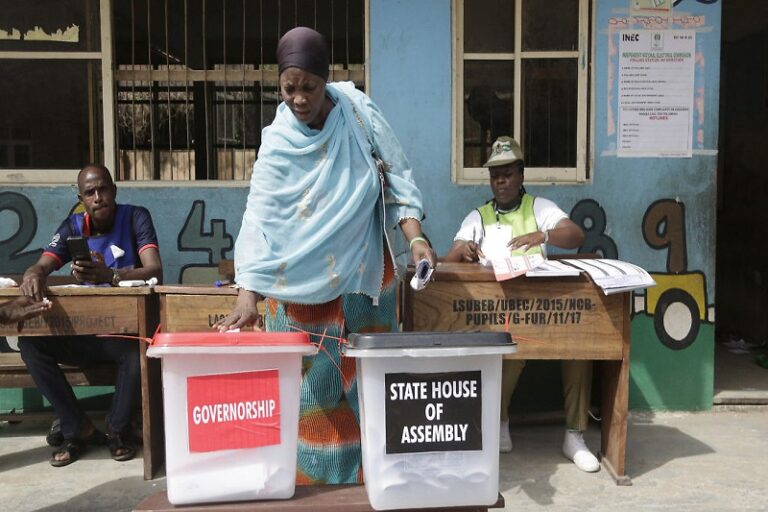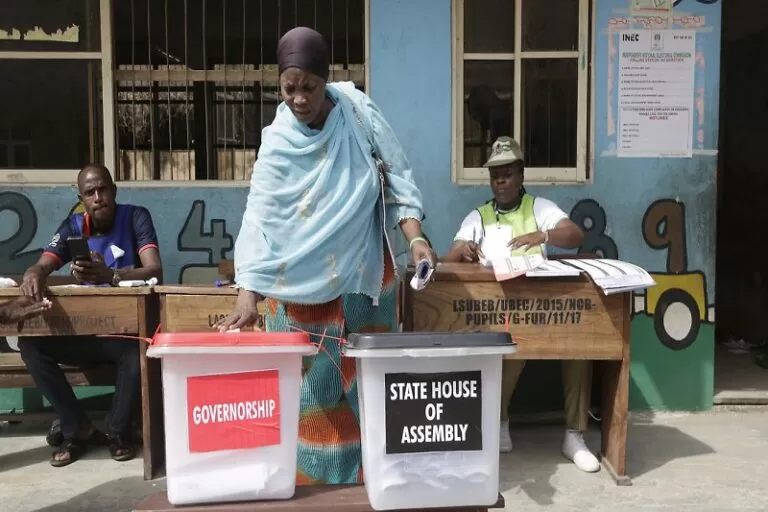

nigeria election
On Wednesday, September 28, in Nigeria, the official beginning of the election campaign for both the presidency and seats in the National Assembly took place. Section 94(1) of the Electoral Act 2022 says that public campaigning by all political parties can start “150 days before polling day and end 24 hours before polling day.”
The Commission released the final list of candidates for national elections (presidential, senate, and House of Representatives) on September 20. This was in line with Section 32(1) of the Electoral Act 2022 and the Commission’s Timetable and Schedule of Activities.
There are now 18 people competing to succeed Muhammadu Buhari as President of the Federal Republic of Nigeria and become the country’s 16th president overall. On Tuesday, Nigeria’s Independent National Electoral Commission, or INEC, released a list of the country’s 18 presidential candidates. However, there is only one woman on the list.
On October 12th, campaigning will get underway for the governor’s office as well as the state houses of assembly. On September 1st, the chairman of the Independent National Electoral Commission (INEC) made a speech at a gathering that was organized by the Centre for Democracy and Development. He made a plea “to all political parties and candidates to focus on issue-based campaigns.”
Mahmood Yakubu went on to say, “This is the best way to support our efforts to have fair elections where only the votes of the people decide who wins.” “This is the best method to ensure elections in which only the votes cast by citizens determine the winner.”
According to the projections made by the electoral commission, there will be 95 million people casting their votes in the election in February. Many of the more than 200 million people living in the most populous country on the African continent have fallen on hard times as a result of the security and economic challenges. Nigeria has a poverty rate of 40% and an unemployment rate of 33%, according to the government’s most recent numbers. This is despite the fact that it is one of the top oil producers on the African continent.
In addition, the government has been struggling against an insurgency headed by Islamic extremist rebels in the north-eastern section of the country. Also, violence with guns is getting worse in some parts of the country’s northwest and southeast.
The government's statistics regulator showed that South African inflation stayed at 3.2% during February and rose below the projected 3.3%.…
Keywords: Cape Town, African Energy Chamber, Africa, The 2025 African Energy Week (AEW) will host the top energy leaders from…
Recent research shows that Professor Abdessamad Faik believes Africa is at an important energy choice point as renewable-powered hydrogen allows…
The United States plans to shut down its Johannesburg consulate after Sandton Drive gets renamed to Leila Khaled Drive even…
The push toward renewable energy in Africa helps the 570 million people who currently live without reliable power access. Many…
The Algerian government prepares the hosting facilities for the Intra-African Trade Fair 2025, which will open its doors on September…
This website uses cookies.